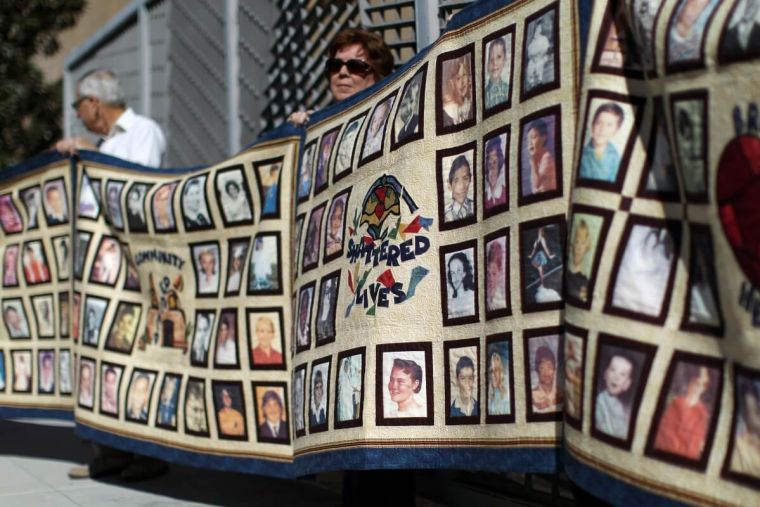Priest linked to sex-abuse cover-up tapped as chief of California church's sex-abuse hotline, dismaying victims

The Catholic diocese in San Diego, California is facing a backlash after it appointed a priest who once admitted to destroying documents that detailed sexual assaults to be in charge of the church's sex abuse hotline.
According to Raw Story, Melanie Sakoda of Survivors Network of those Abused by Priests (SNAP) demanded that Bishop Robert W. McElroy remove Fr. Steven Callahan from his position because he is "an admitted embezzler [who] shouldn't oversee bank accounts."
Callahan has been designated as the Victims' Assistance Coordinator on the Roman Catholic Diocese of San Diego website. Sakoda said he should not even be allowed to "oversee abuse reports."
Tim Lennon, also of SNAP, said Callahan might commit the same cover-up in his new position. "When nuns or priests are assigned to these hotlines, we believe church officials are using them to keep abuse reports quiet," he said in an emailed statement."If they sincerely want victims to call and get help, bishops would have lay social workers—not ordained clerics or lawyers—respond to these deeply wounded and mistrustful individuals."
"Bishop McElroy has no excuse for putting Callahan in charge of the hotline. A simple Google search or a quick chat with Catholics would show what a bad idea Callahan's new job is," he added.
Callahan's issue stemmed from a court deposition in 2007. Around 150 men and women filed a suit against the San Diego diocese over sexual abuse claims. Callahan admitted to destroying documents in the early 90s that implicated a fellow priest.
The San Diego Union Tribune reported that the fellow priest, Rev. Emmanuel Omemaga, sought refuge in the Philippines in 1993 after admitting to Callahan that he had molested a 14-year-old girl. Callahan urged Omemaga to turn himself to the police before he left the country.
Attorney Irwin Zalkin, who represented about a third of the victims, noted that Callahan admitted destroying personnel files in the early 90s, and he believes it is a cover-up of evidence.
"He claims he was following Canon Law, but no one in the diocese destroyed these records till he came along," Zalkin said. "They came in and destroyed priests' confidential files, they destroyed important seminary records and engaged in a cover-up that precluded people trying to prove up their claims."











